Category: News
-

ASF joins Bluesky and Mastodon
Like many organisations and personalities, ASF is concerned about recent developments on the main social networking platforms and is looking for more ethical alternatives so that it can continue to raise the profile of its positions and actions.
-
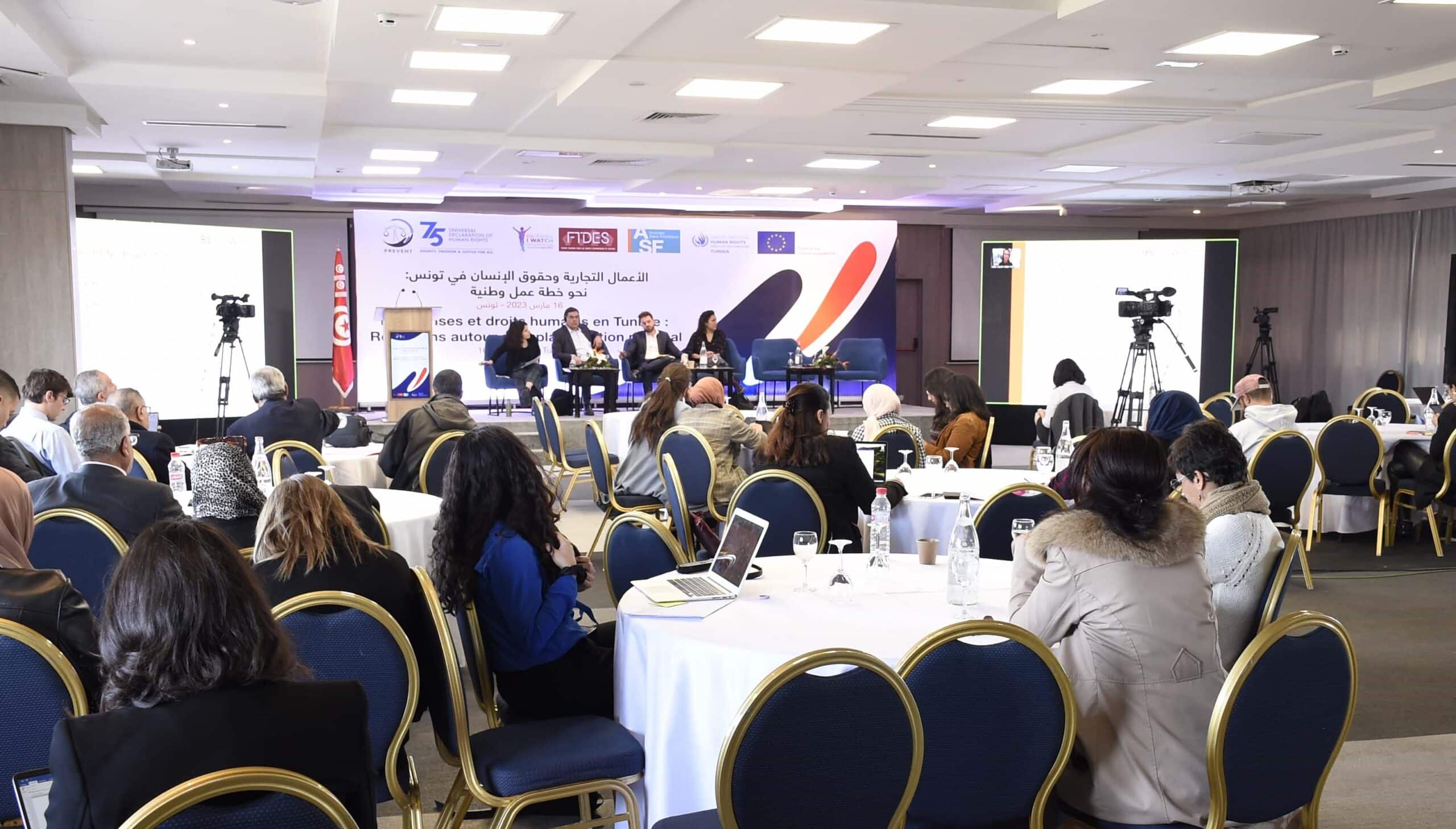
Economic development must serve human rights, not undermine them
In the global economic landscape, companies are no longer simply commercial players, they are shaping political landscapes and societal dynamics. In this article, published in our latest annual report, ASF explains how it addresses the systemic challenges linked to the activities of private companies by defending the rights of affected communities and tackling the impunity…
-
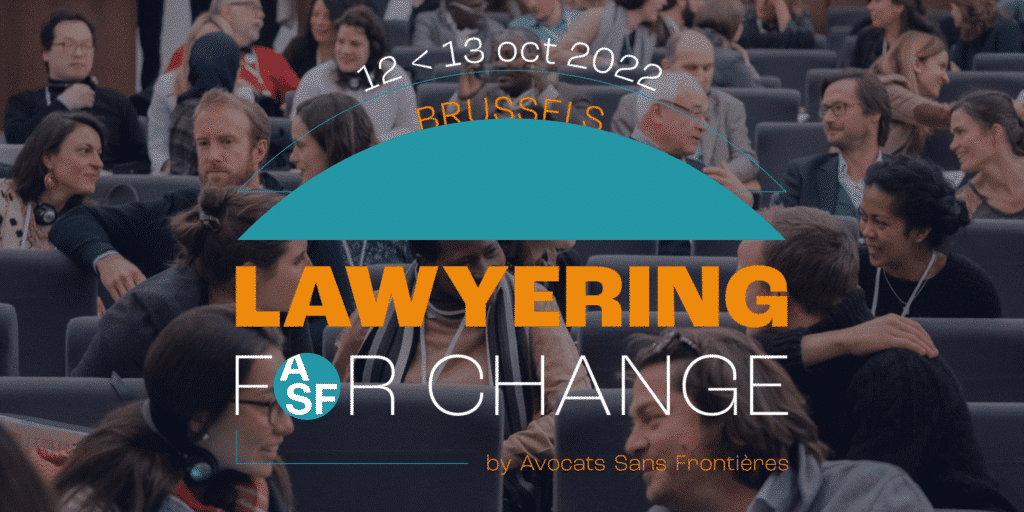
Lawyering for Change 2022: The Programme with the list of speakers is available!
Lawyering for Change 2022 zal meer dan dertig sprekers uit verschillende landen en met uiteenlopende specialisaties samenbrengen, die hun deskundigheid en vooral hun praktijkervaringen zullen delen om licht te werpen op de uitdagingen waarmee de toegang tot gerechtigheid en de rechtsstaat vandaag worden geconfronteerd.
-
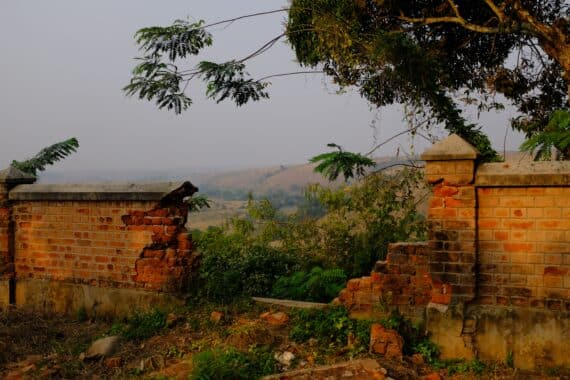
Press release – Special Parliamentary Commission on Belgium’s Colonial Past: A closure in December 2022 will not allow it to complete its mandate
The Special Parliamentary Commission on Belgium’s colonial past was initially given a one-year mandate until July 2021. Last month, its mandate was extended for a second and final time until December 2022. These extensions are a welcome recognition that the commission needs to have a sufficient timeframe to complete its ambitious mandate. The commission has…
-
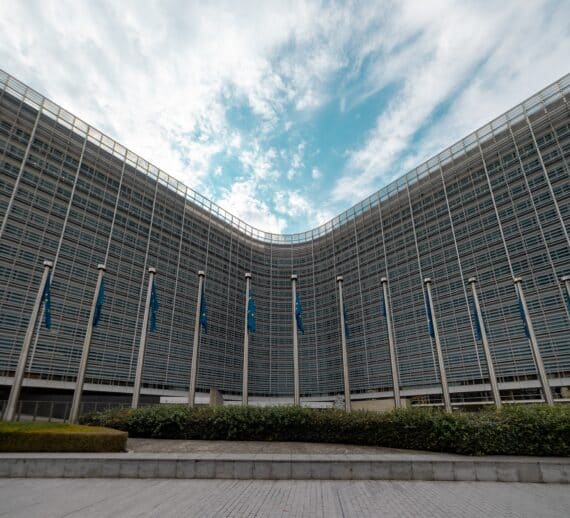
EU Due Diligence legislation : the EU Commission unveiled its proposal but serious gaps persist
On Wednesday 23 February, the European Commission presented its proposal for a Directive on Corporate Sustainability Due Diligence and amending Directive (EU) 2019/1937. It imposes a principle of due diligence on companies with regard to human rights and environmental violations. This long-awaited text, whose initial ambition we commend, contains many gaps that could limit its…
-
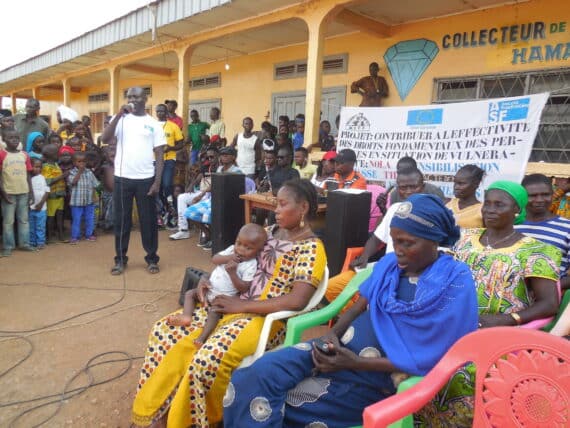
International Women’s day: Gender and witchcraft in the Central African Republic, fighting discrimination against women and children
In the Central African Republic, the prosecution of people suspected of witchcraft and charlatanism, which frequently leads to serious human rights violations, systematically impacts women and children. This must be examined from a gender-based violence perspective.
-

Being detained in the Makala prison during the pandemic : An interview with the NGO PRODHOJ
Between March and September 2021, PRODHOJ, with the support of Avocats Sans Frontières, carried out monitoring work to evaluate the conditions of detention and access to justice of detainees in the central prison of Kinshasa, known as ‘Makala’, in the context of the COVID19 pandemic. In this interview, Samuel Atweka and Gysy Uma, both members…
-

Press release: Publication of the expert report on Belgian colonial past: Signatories call for a holistic and inclusive justice process
On the occasion of its presentation to Parliament, the signatories commend the publication of the report written by the multidisciplinary team of experts mandated by the Special Parliamentary Commission on Belgium’s Colonial Past. This report is a new milestone towards a better understanding of the Belgian colonial era. It constitutes an important contribution to a…
-
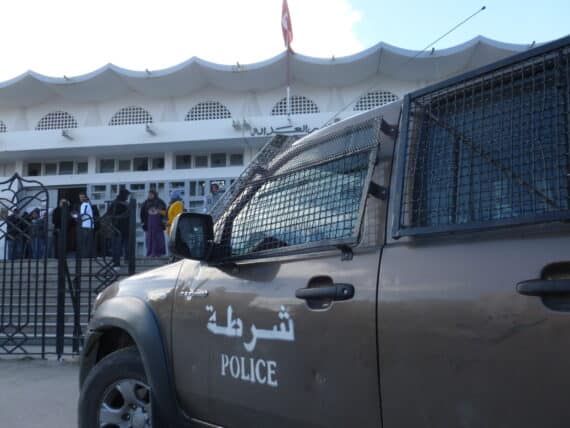
Prisons in Tunisia: inertia of a repressive system
In Tunisia, the actors of the penal chain tend to perpetuate the repressive reflexes of the former Ben Ali regime. Prison overcrowding remains very high: around 131% rate of occupation with 23,607 prisoners at the end of 2020 (accused and convicted together) for around 18,000 places available, resulting in detention conditions below international standards.

